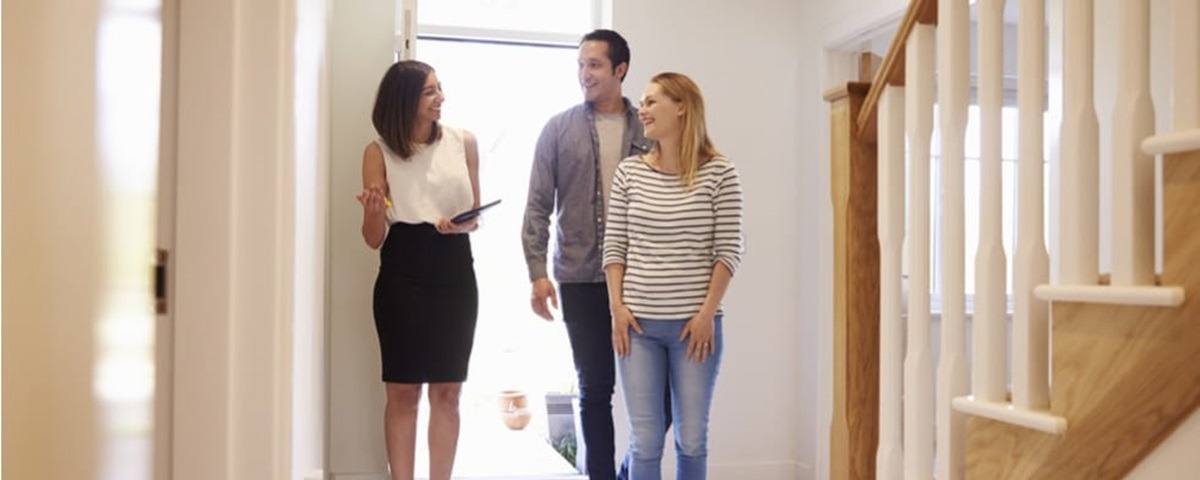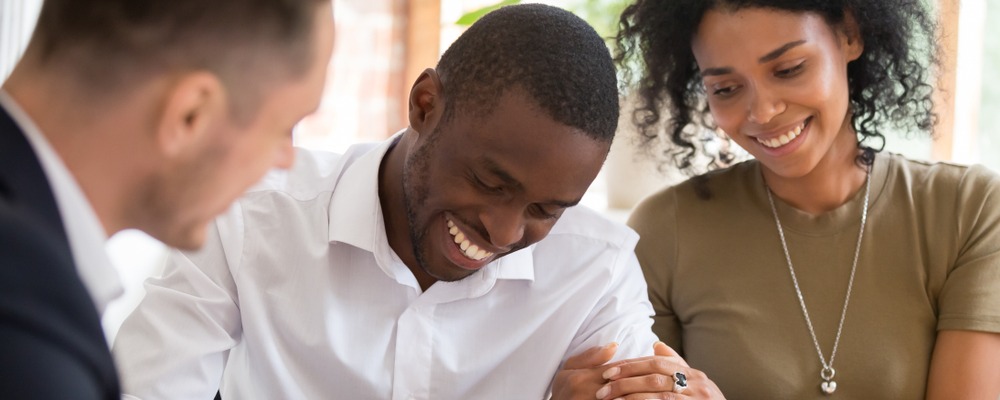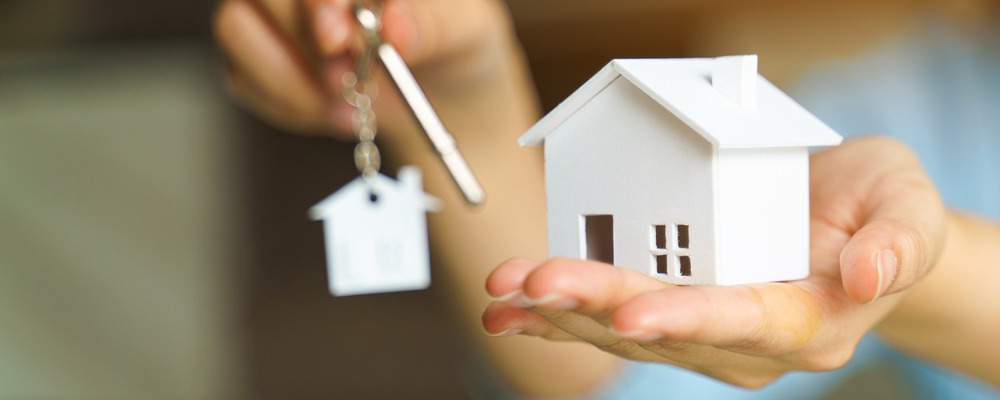
Things to look for when buying a new home
Buying a house is an exciting opportunity to find a place that suits your needs and lifestyle. If you're unsure where to start, it helps to know what to prioritise so you can make confident and informed decisions.
Whether you're considering new build homes or older properties, our guide below highlights the key things first time buyers tend to value most and can help you understand how to get ready to buy a house.
Location and amenities
Location is often the top priority for first time buyers. Where you choose to live affects your commute, daily routine and future plans. Look for neighbourhoods with good amenities, including transport links, shops and access to green spaces.
Think about the area’s atmosphere as well. Some buyers prefer a bustling neighbourhood with cafés and restaurants, while others are drawn to peaceful residential locations.
Schools and community
Even if you don’t have children, living near good schools can increase your home’s long-term value and appeal.
It’s also worth getting a feel for the local community. Visit at different times to get a sense of what it’s like. Check whether there are any community centres, events or neighbourhood groups that can help you feel more connected once you move in.
Indoor features
In addition to choosing the right location, it’s essential to consider the key features you'll need inside your home. Layout, space and storage all play a big role in how comfortable and practical your home feels.
Home layout
A home's layout affects daily life. Many buyers are drawn to open-plan living, while others prefer separate rooms for working, dining or relaxing.
If you work from home, you may want a dedicated office space or a quiet corner for video calls. Whether you're living alone, as a couple or with a growing family, consider how you'll use the space day-to-day.
Storage
Storage might not be the most exciting feature to look for, but it’s an important one. Built-in wardrobes, loft space and well-designed kitchen storage help keep your home tidy and avoid clutter.
Bedrooms
Consider how many bedrooms you currently need and what you might need in the future. Even if you don’t require extra space right away, a second or third bedroom can be handy down the line.
Look for well-proportioned rooms, preferably with built-in storage to help you maximise your space and reduce the need for extra furniture.
Good natural lighting is also desirable, as it can make rooms feel more spacious and welcoming. Plus, you’re less likely to need lights on during the day, helping to keep energy costs down.
Outdoor features
Outdoor features are often overlooked during house viewings, but they can make a considerable difference to how you use and enjoy your home.
Gardens, balconies or patios
You don't need a large garden to enjoy outdoor space. A balcony, patio or small courtyard can provide a pleasant area to relax and get some fresh air.
If garden space is important to you, consider how much time you expect to spend maintaining it. A well-kept smaller garden can be a better fit than a larger one that needs more time and attention.
Parking
If you’re looking at houses in busier areas, think about how convenient parking will be. Whether it’s a driveway or a garage, access to a parking space can save you time and stress.
Energy efficiency
Energy-efficient features, such as good insulation and double glazing, can help reduce your energy bills and environmental impact. If these aren’t already in place, consider how practical and affordable it would be to make these improvements.
If you’re buying with us, many of our new build homes are designed to be energy-efficient, helping keep your running costs and carbon footprint low.
More things to look for when buying a home in the future
While it's easy to focus on your current needs, it's also important to think ahead when buying a home. Consider what you might want in the future if your circumstances change or you decide to sell.
Extensions and conversions
Some buyers look for homes that can be adapted later, like converting a loft into an extra bedroom or adding an extension. Check local planning guidelines and neighbouring homes to see what might be possible. If your prospective home is a listed building, making changes may be more complicated, so it’s worth checking the restrictions that apply before purchasing.
Extensions and conversions can also significantly increase your home’s value and appeal, making them a smart investment if you’re planning to sell in the future.
Accessibility features
Look for practical features like step-free access, wider doorways and a downstairs toilet. These are especially useful if you have young children, mobility needs or want a home that works for you as you get older.
Ready to buy your first home? Explore our range of energy-efficient new build homes and speak to one of our Sales Advisers today.

